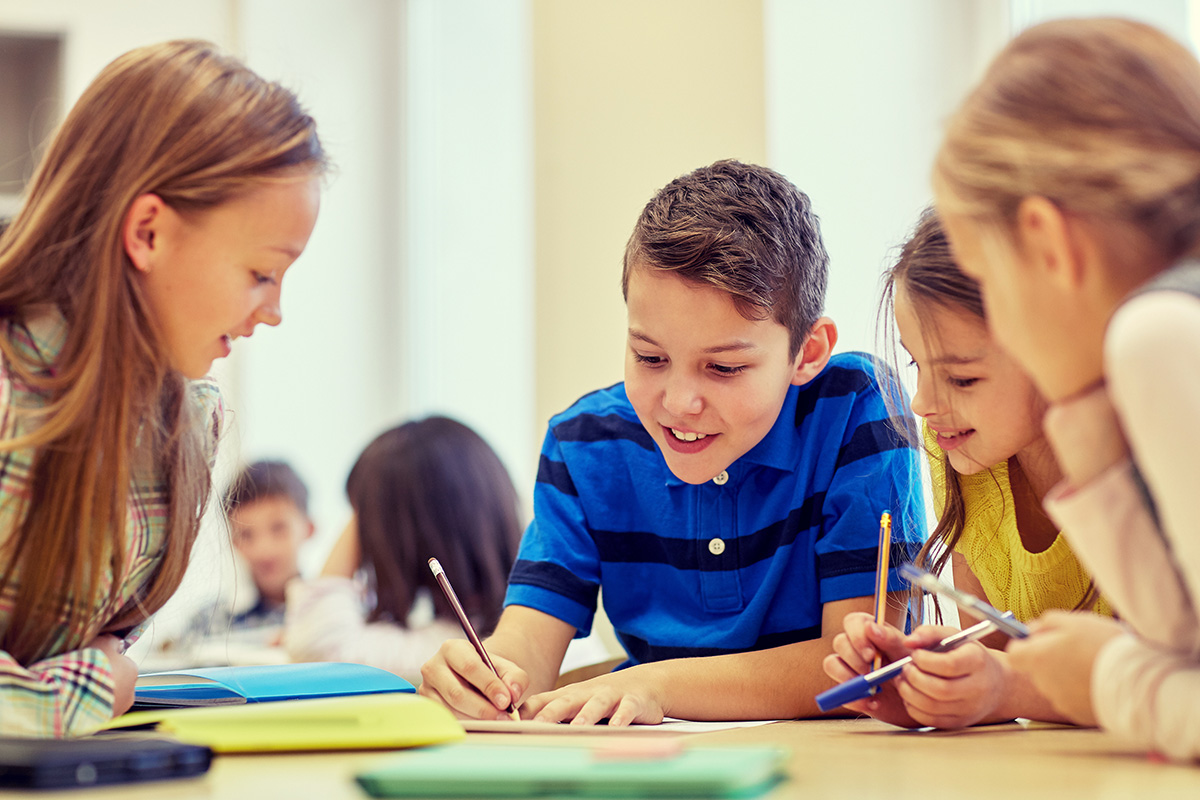It goes without saying that preparation is key to being a great teacher. With lesson plans and homework schedules in place, you can rest easy that students will benefit from an enjoyable and effective learning experience throughout the year.
But is it also your responsibility to prepare pupils for the next stage of school life? Their main priority will probably be the summer holidays and escaping the classroom for half a dozen glorious weeks.
However, the shock of moving up a year or even to another school could prove problematic. With this in mind, here’s how to prepare pupils for whatever the future may bring.
Start the transition early
There is always going to be a little ‘fear of the unknown’ when students return after the holidays. Even if they are entering their last year or have gotten used to what the school is like, some students may still encounter new teachers, new subjects, and new processes.
Therefore, it makes sense to start the transition period as soon as possible during the last half term with lessons, activities, assemblies, or even a school trip somewhere. That way, both teachers and students are given more time to adjust to what lies ahead. It also makes coming back to school that bit less fearsome.
You can also consider inviting older, ex-pupils back to give a talk or hold a Q&A session with current classes. You may even want to establish a buddy system where students write postcards to each other – a great literacy exercise.
Boost confidence levels
“Children with high self-esteem are better able to make difficult decisions under peer pressure, approach adults for support, and be self-sufficient in their learning,” says Vicky Horne, assistant head of school intervention and inclusion at Castle Manor Academy.
So, consider introducing some confidence building exercises towards the end of the school year. Ideas include showing visitors around, having a classroom debate, or being part of a school awards ceremony. It doesn’t have to be overly formal or taxing yet can give students a break from final projects or exam revision.
Commenting on going from primary to secondary school, Horne adds: “Activities in class and homework projects that need to be completed independently can help prepare children for the new world of homework timetables and detentions for not meeting deadlines.”
Move away from the classroom and curriculum
Again, it’s not always viable to turn your attention to next year when the end of the current year is more important and consequential. But moving away from the classroom and curriculum can pay dividends.
For example, you could ask students to create their own ‘pupil passports’, in which they record their thoughts, feelings, and ambitions for the following year. It’s less-intensive than school work but can be great preparation for both students and teachers.
Another idea is a sports day, where teams comprise of students from all years. Older kids can act as captains and mentors to younger years, who are bound to look up and possibly idolise their impressive teammates.



